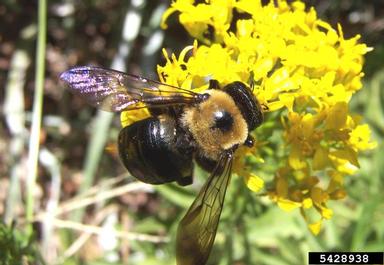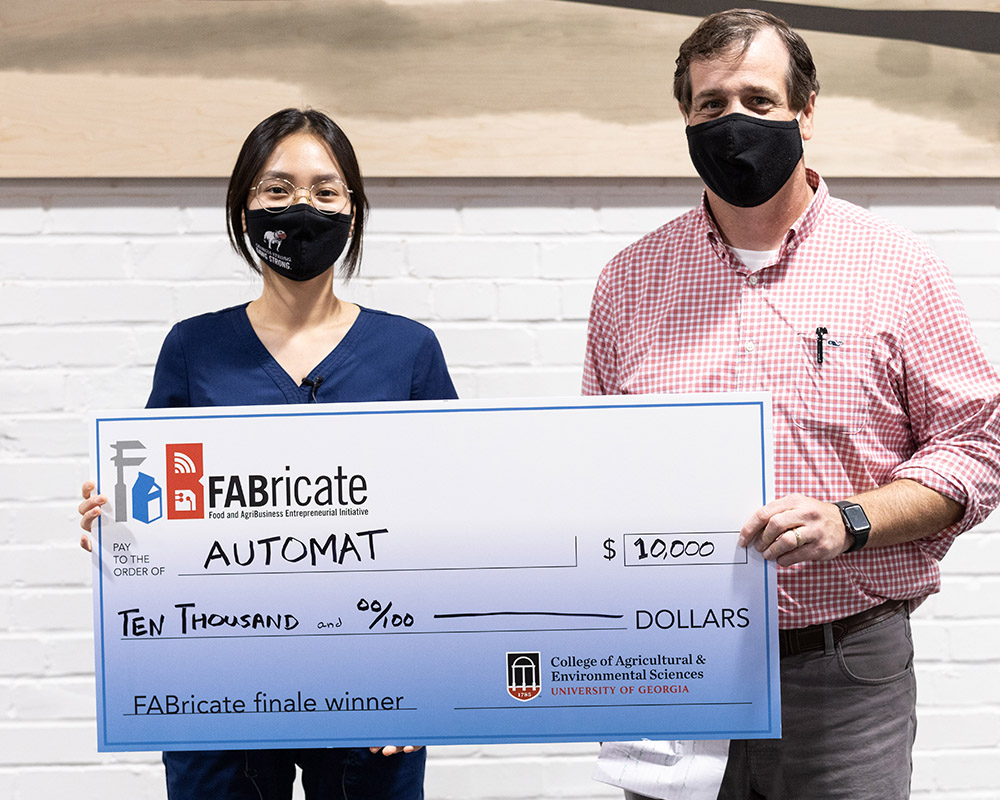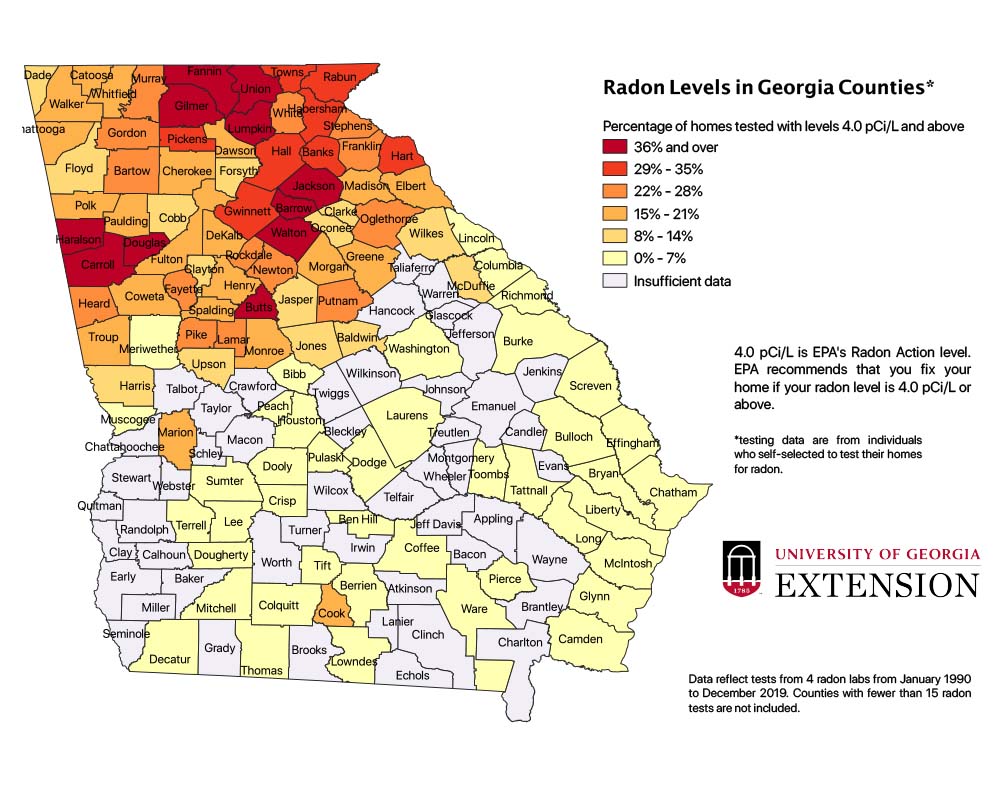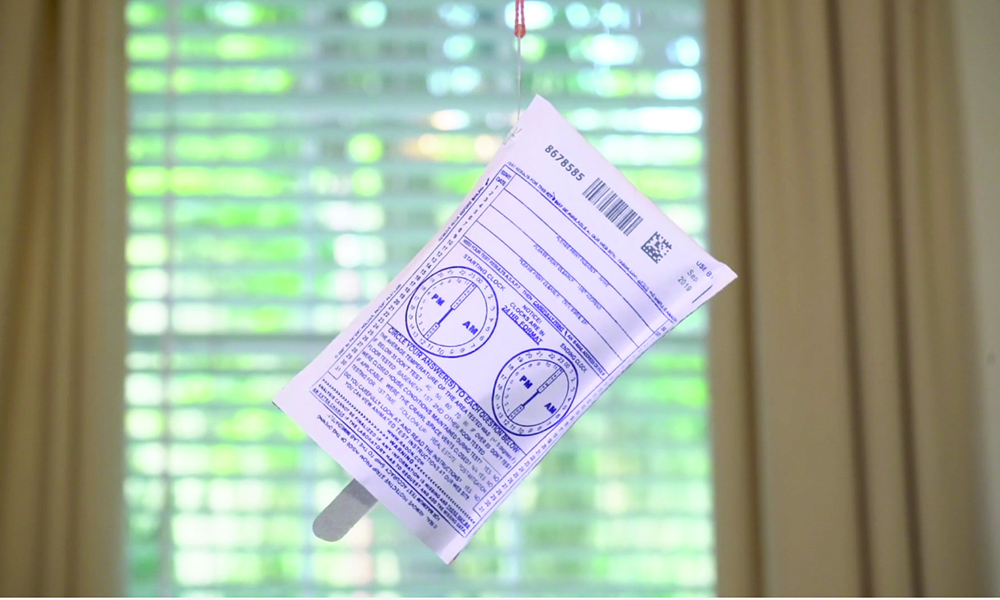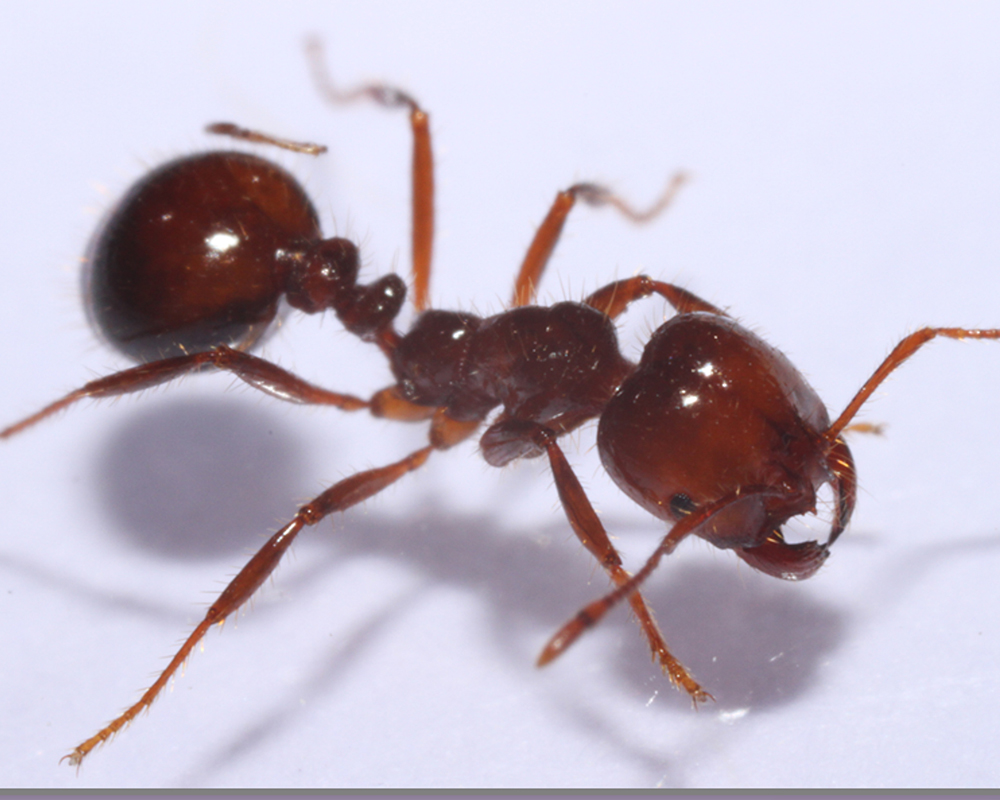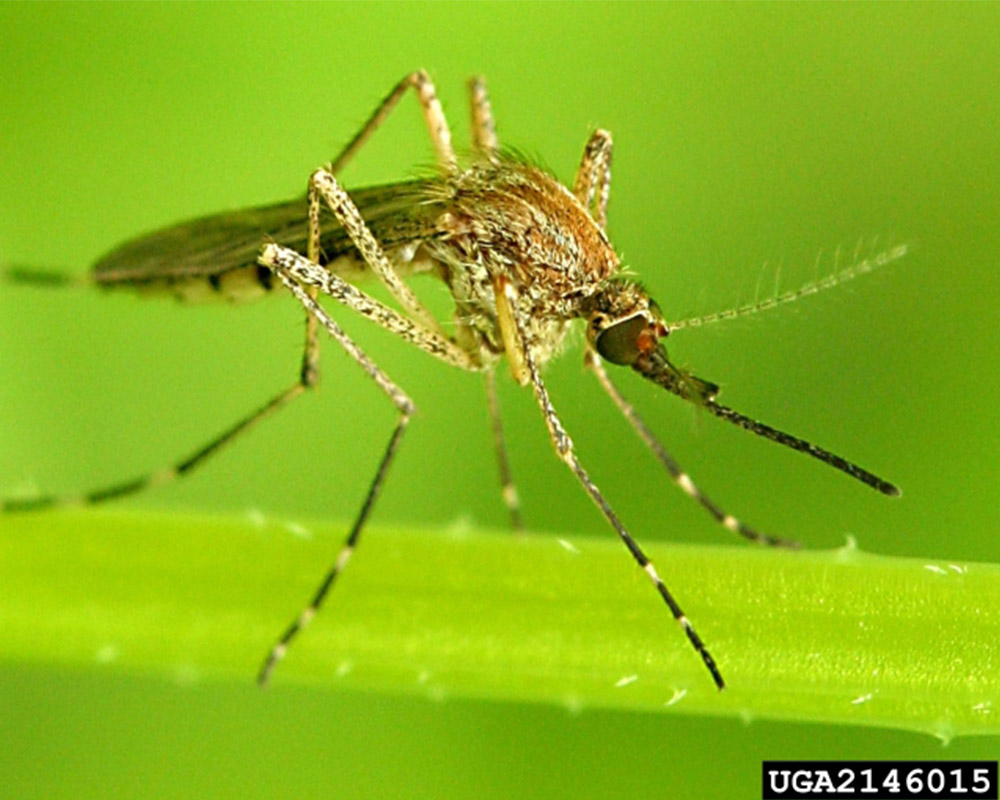 CAES News
CAES News
Managing Mosquitoes
With summer and the first tropical storm of the season arriving simultaneously this year, we're getting warm, wet weather at a time when more folks are spending time outside. This combination is sure to signal a rise in mosquito interactions, making it a perfect time to think about mosquito control around your home and community.


